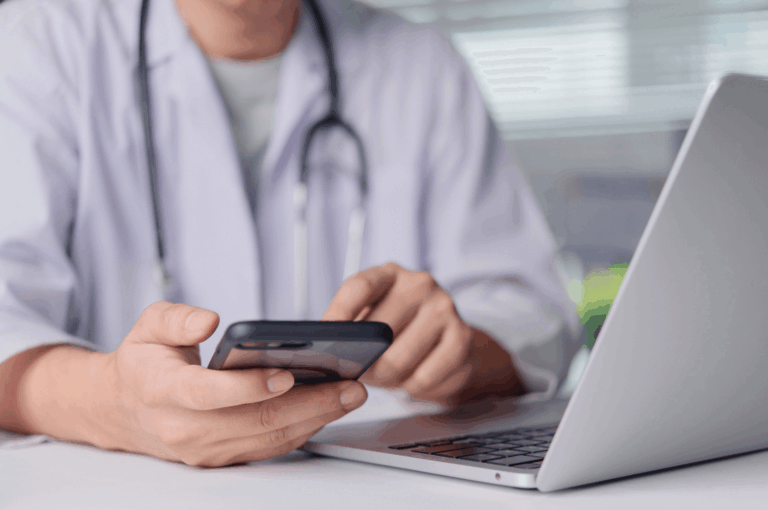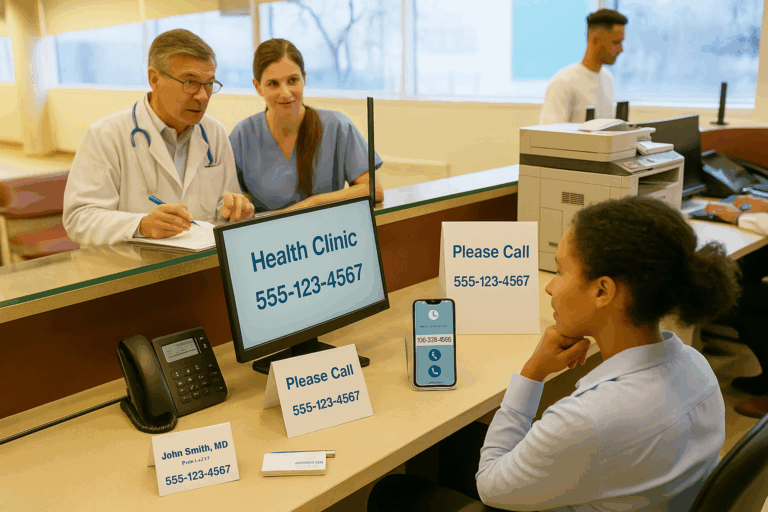The healthcare industry has always been at the forefront of technological innovation. Still, one of the most significant shifts we’ve seen recently is the adoption of HIPAA Voice over Internet Protocol (VoIP) systems. These advanced patient communication platforms are not just upgrading traditional phone systems but transforming how healthcare providers interact with patients and manage their operations. With the increasing need for efficient, cost-effective, and secure communication solutions, VoIP technology is proving to be a game-changer for medical practices of all sizes.
From enhancing patient communication to ensuring compliance with regulatory requirements, HIPAA VoIP is not just a technological upgrade—it’s a strategic asset for healthcare practices of all sizes. This article explores five key ways VoIP revolutionizes healthcare, making it an indispensable tool for modern medical practices.
1. Cost Savings That Support Your Bottom Line
VoIP systems for healthcare are helping practices significantly reduce communication costs. Traditional phone systems often have high local and international call rates, but VoIP allows practices to save up to 50% on local and 90% on international calls. Healthcare providers can redirect those savings towards improving patient care or investing in other essential services. The cost-effectiveness of VoIP is especially beneficial for small and medium-sized practices that must manage their budgets carefully.
2. Enhanced Scalability for Growing Practices
Scalability is one of VoIP systems’ standout features, allowing healthcare practices to quickly expand or reduce communication infrastructure. Whether you’re a solo practitioner or managing multiple locations, RingRx’s VoIP system can adapt to your changing needs without the hassle of adding physical phone lines. This flexibility ensures that as your practice grows, your communication system grows with it, making it easier to manage increased call volumes and maintain high standards of patient care.
3. Improved Patient Care Through Continuity
Continuity of care is crucial for achieving better patient outcomes, and VoIP plays a vital role in maintaining this continuity. VoIP systems offer 24/7 access to patient records and communication tools, enabling healthcare providers to always stay connected with their patients and colleagues. This constant connectivity is essential for emergencies and follow-ups and ensures patients receive consistent care, even after office hours.
4. Seamless Integration with Healthcare Systems
VoIP systems are designed to integrate seamlessly with other healthcare technologies, such as Electronic Health Records (EHRs), billing systems, and practice management software. This interoperability allows for real-time data exchange, reducing the likelihood of errors and improving the overall efficiency of healthcare operations. By streamlining communication and data flow, VoIP helps healthcare providers deliver safer, more effective patient care while minimizing administrative burdens.
5. Robust Security to Protect Patient Data
Security is a top priority in healthcare, and VoIP systems are equipped with advanced security features to protect patient information. These VoIP systems comply with regulations like HIPAA, using encryption and other security measures to ensure that HIPAA VoIP solutions keep patient data secure during transmission and storage. By adopting VoIP, healthcare practices can mitigate the risks of data breaches, maintain patient trust, and ensure compliance with legal requirements.




